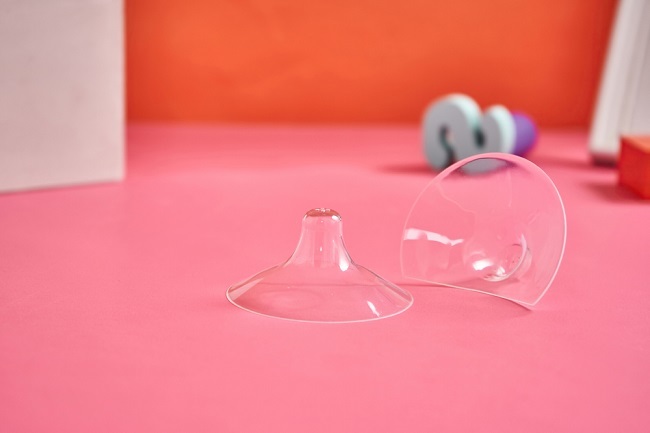Mother, is your little one having a harder time learning math than other subjects? If so, this may be a sign that he has dyscalculia. What is dyscalculia? Let's see the full explanation below.
Dyscalculia is a condition when a person has difficulty understanding and learning basic mathematical concepts, be it memorizing numbers (dates, phone numbers, or house numbers), counting, grouping numbers, and understanding the numbering system.

Recognizing Children with Dyscalculia
A study found that about 3–7% of children attending elementary school (SD) experience dyscalculia. Although this condition is more commonly found in children with attention deficit hyperactivity disorder (ADHD), dyscalculia is not a mental disorder.
The following are some of the characteristics of children with dyscalculia that you can recognize:
- Panic every time you meet math class or get disappointed if you find a game or game games which requires numeracy
- Still counting on fingers when other kids his age are no longer doing it
- Difficult to estimate size, for example how tall something is or how long it takes to get from one place to another
- Difficulty understanding basic math calculations, such as addition, subtraction, multiplication, and division
- Difficulty connecting numbers with the word they represent (1 with 'one')
- Difficult to count money and change
- Difficulty reading the clock and remembering combinations of numbers such as phone numbers
- Difficulty following step-by-step directions and recognizing patterns
- Confused by similar numbers, such as 75 and 57
- Can do math problems one day, but the next day completely forget how
Accompanying Children with Dyscalculia
If your child really seems to be lagging behind in math, don't be too quick to assume he has dyscalculia, OK? It's a good idea to check your little one with a doctor to find out if there are other possible disorders, such as visual or hearing problems, which might make it difficult for him to understand the teacher's explanation.
To find out whether your little one really has dyscalculia or not, he has to do a series of tests. Generally, the tests carried out include basic math skills, fluency in remembering basic math, arithmetic and writing skills, and the ability to understand words.
If it is true that your little one has dyscalculia, here are some things that can be your guide to accompany him:
1. Identify the right learning style
Try to help your little one learn math with another approach. For example, using objects that you can see and touch to help understand addition, subtraction, multiplication, and division.
You can also use rhythm and music to teach steps or formulas to make math fun. If your little one finds it easier to use his fingers to count, let him do it and reassure him that there is no need to embarrass his friends.
2. Mdiscuss this condition with the teacher at school
School teachers must understand the situation of the Little One. That way, you and your teacher can work together to find another approach for her. In addition, by understanding this condition, teachers can provide compensation for doing assignments and tests at school.
In addition, teachers can also protect children from unfair treatment or perhaps ridicule from their friends who are good at counting. Generally, children need to study in a quiet place without things that can break their concentration.
3. MPraise every child's efforts
Whatever the result, always appreciate the effort your little one is doing. Give praise every time he tries to learn math. Praise your little one when he shows his improved math test scores, even though his grades are still below average. Do not scold him, especially with violence, because this can stress the child.
4. Mhelp children manage anxiety
You can help your little one accept their weaknesses, and recognize and support their strengths in other areas. Invite your little one to talk about this, so that he can overcome the anxiety he feels.
Don't label a child with dyscalculia as a stupid child, OK? With the right assistance, children with dyscalculia can overcome their problems while still developing their abilities in other fields. After all, happiness and success don't just come from math test scores, right?
If your little one still hasn't changed even though you have done various ways, including applying tips in learning math, it's a good idea to invite your little one to consult a pediatrician, a developmental specialist or a child psychologist. This is expected to be able to help overcome the dyscalculia problem he is experiencing.









